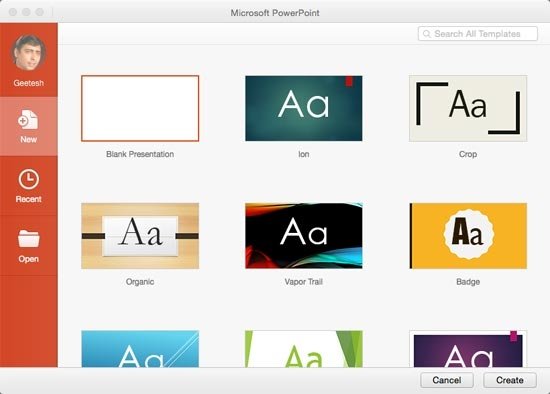
Modern processors support all common file extensions, like DOCX, PDF, RTF, EPUB, and HTML. While that may have been a problem in the past, it’s no longer the case. Wide File Compatibility: One of the oldest complaints against Word alternatives is that they aren’t compatible with Word’s proprietary DOCX files…or any other format.From bulleted lists and line spacing to tables and headers, any worthwhile word processor should offer robust formatting options so you can make your document look perfect. Flexible Formatting Options: Unless you’re just making a quick note, odds are you’ll need a word processor with plenty of formatting options.

It should be able to handle changing font appearance, adding emphasis, copy and pasting, and tracking every single change made to the document.

Here are the most important features a good word processor should have: Just because an alternative word processor is free doesn’t mean it’s allowed to forsake the user experience or not offer enough of the right tools to help get the job done. Most Similar to Microsoft Word: WPS Office Writer Most Full-Featured Word Alternative: LibreOffice Writerīest Cloud-Based Word Alternative: Google Docs What to Look for in Microsoft Word Alternatives


 0 kommentar(er)
0 kommentar(er)
